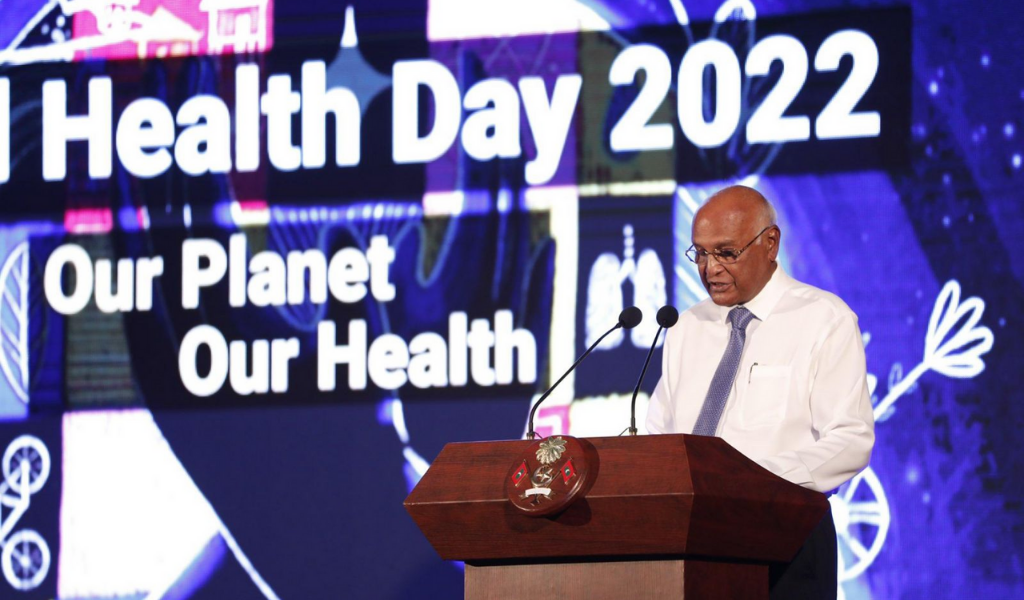
New Policy to Change the Country for the Better
All around the globe, the people, businesses, and especially governments, are all working towards a brighter future for the Earth we live on, to compensate for the lack of attention we gave it say around 10 years ago. You know it's a pressing matter when technology evolved so much in this field that we can't imagine not having the things we use nowadays, 10 years ago. This field is the one that has plans to let our world recover from all the damage we caused it.
For the Maldives, the Ministry of Health has launched the 'National Green Climate-Smart Hospital Policy and Strategy,' which aims to adapt and modify the health care facilities in the country to become green, climate-smart, and resilient to the impacts of climate change. This policy also hopes to achieve a plethora of objectives, ranging from leadership to emergency response and many more.
With this policy in place, the hope is to reduce diseases waterborne by being more mindful of the environment and not letting them fester if we can help it. The same goes for airborne-related diseases as well.
Moving onto the 'Health National Adaptation Plan' (HNAP), the goal is to protect and promote the health and well-being of the present and future generations through sustainable and climate-resilient adaptation measures. The components in the HNAP are many, some include the management of air quality and airborne diseases, heart-related illnesses, and even water resources and waterborne diseases.